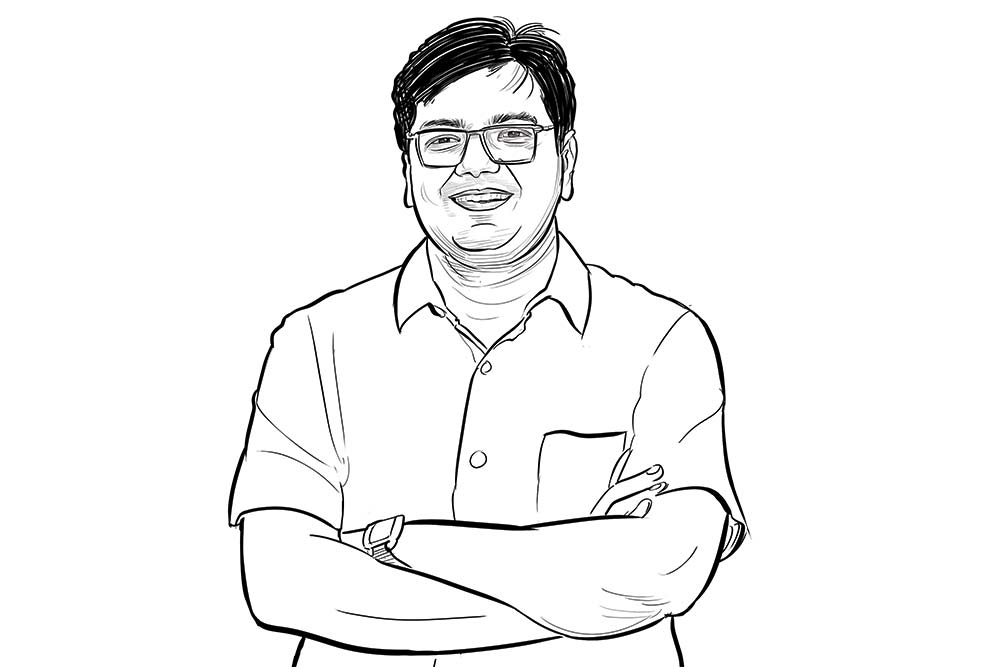A black swan event is rare, but when it happens, the repercussions are enormous.
It is likely that in the last few months, you would have come across at least one social media post of a crowdfunding platform on behalf of a family stuck with a healthcare black swan event. The family pleads to the public for contributions for a high-cost treatment, without which the patient would probably die. The cost of such treatment can leave a family in financial ruin.
Such crowdsourcing platforms have been on the rise of late. It is expected that an increasing number of people will not have enough savings to cover such medical expenditure in the future.
Even if they have insurance, the cover available would be insufficient, given the high level of under-insurance. So, what is the right level of coverage for health insurance?
One way to think about having the right coverage amount is to look at the potential medical expenditure in case of a severe illness.
Common surgeries, such as cataract, hernia, and appendicitis, are relatively inexpensive and generally cost less than Rs 1 lakh. Slightly more severe illnesses involving cardiac or orthopaedic treatment, typically, fall within a certain price bracket. An angioplasty, open heart bypass graft surgery, or a knee replacement can be done well within Rs 4 lakh. That’s why a large number of people end up having a policy with a sum insured of Rs 5 lakh. However, this is grossly inadequate to cover catastrophic events, which are less frequent and, therefore, do not get much attention. But when they do occur, they have the potential to empty out our savings.
Covid was one such catastrophic or black swan event. Within your extended family and friend circle, you would have come across at least one person who succumbed to this virus at a fairly young age. Also, you would find cases where without any surgical intervention, the hospitalisation bill ran over Rs 10 lakh. A friend ended up paying Rs 22 lakh out of his pocket after his father was diagnosed with Covid. In another case, three members of the same family were simultaneously hospitalised, incurring an aggregate bill of over Rs 60 lakh. Covid, however, is not the only such illness. For exmaple, cancer can be equally or more painful and financially draining.
An alternative way to think of potential expense is to consider the per unit cost of healthcare treatment. A single air-conditioned room in a super-specialty hospital in a metro costs around Rs 7,000-12,000 per day. If one were to cover 60 days of continuous hospitalisation, the room rent would come to Rs 4.2 lakh-7.2 lakh. The per day cost of artificial life support would be in the range of Rs 50,000 to Rs 1.5 lakh. The cost of such life support for 10 days could be in the range of Rs 5 lakh-15 lakh. Add to it, the doctors’ fees (Rs 3 lakh to Rs 5 lakh), diagnostics (Rs 2 lakh) and another Rs 1 lakh for medicine. The total estimated cost would be around Rs 15-30 lakh.
Now, there are several cost-effective means to cover such expenses. The default one is to enhance the regular family health insurance plan. Many insurers now offer coverage going up to Rs 1 crore.
Another method is to buy a super top-up plan. For a 36-year-old, a coverage of Rs 1 crore with a deductible of Rs 10 lakh would cost around Rs 6,000 plus taxes for a year.
You can assume the regular plan is for common surgeries and treatments, and the top-up plan can be earmarked for catastrophic expenses. A third method can be to buy a fixed-benefit critical illness plan. Such a plan would give a lump sum in case one is diagnosed with one of the named illnesses, irrespective of the actual expenditure. The cost for a Rs 1 crore critical illness cover would be around Rs 75,000 plus taxes for a 36-year-old.
We often tend to hide behind a veil of invincibility and point out to our healthy lifestyle or eating habits. But the truth is one can be diagnosed with illness anytime. The business world recently lost two doyens, Anshu Jain and Rakesh Jhunjhunwala, both of whom suffered from prolonged illnesses.
It’s best to buy health insurance while one is still in good health. Crowdfunding may help, but it’s better to pay your own bills with your own resources.
The writer is Co-Founder, SecureNow

